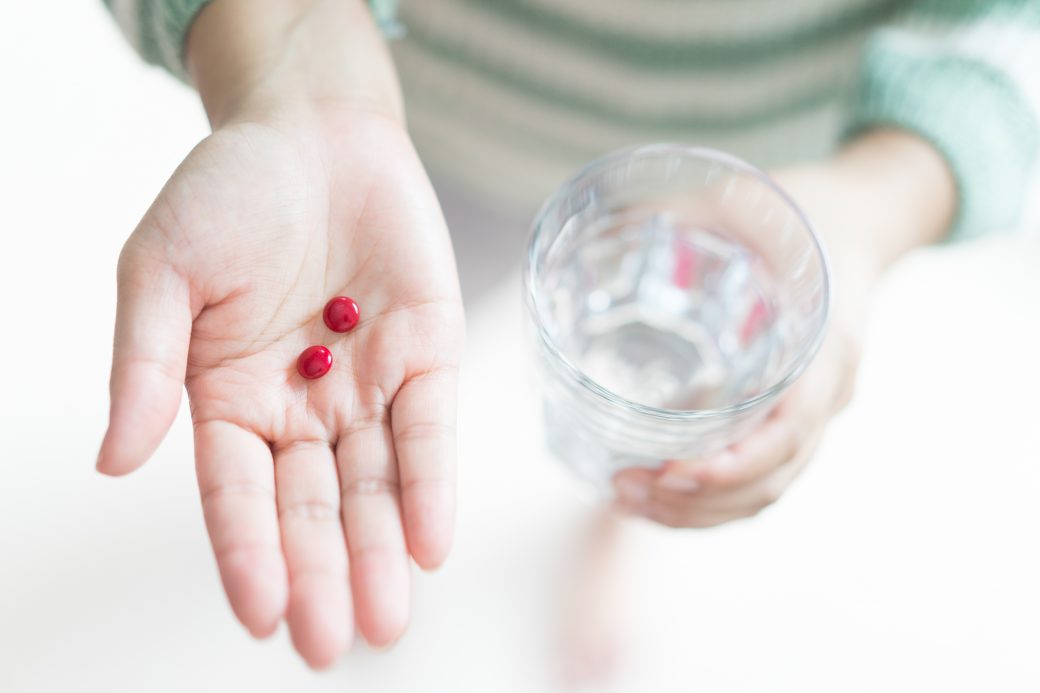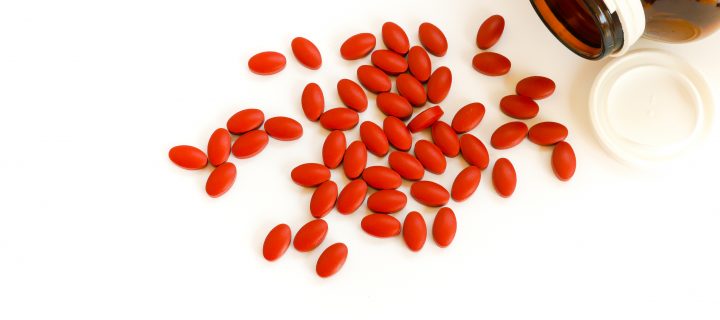It’s no secret Americans love vitamins—the nation spends about $12 billion a year on supplements.
And that’s a fair amount of money to spend considering you can get the vitamins and minerals you need from food. This is why many nutritionists, including these wellness pros below, warn against overdoing it on certain ones—and skipping other supplements altogether. Here are 3 to steer clear from.
Biotin
Looking for long, healthy hair and nails?
Don’t look at biotin pills to be the saviour you’re looking for.
“Some supplements don’t have much evidence that they work,” says Ginger Hultin, a Seattle-based registered dietitian, nutritionist. “Take biotin, for example—unless there is an outright deficiency, it’s not proven to help. It’s generally a best practice to get the nutrients you need from food if you can.”
To get your biotin intake, eat foods such as eggs, salmon, sunflower seeds, sweet potato, almonds, spinach, broccoli, and dairy like milk, cheese, and yogurt.
Iron
If you decided to start taking iron supplements on your own, be aware that it could be harmful.

“Iron is sometimes prescribed based on certain medical conditions, but use caution—it can have unpleasant side effects, including stomach upset and constipation,” says Hultin.
Too much iron in the system can even lead to a condition called hemochromatosis, which is characterized by irregular heartbeats, cirrhosis of the liver, and even cancer. So, be sure you actually need more iron in your diet before you start adding; Hultin recommends an individualized approach based on your lab data.
“This is another one to take only if you need to, and in the doses recommended by your doctor,” she says.
Related: These 11 Multivitamins Don’t Contain What They Claim To
Red yeast rice
People trying to lower cholesterol may turn to red yeast rice – even though they really shouldn’t.
“While there is some evidence for treating high cholesterol levels with red yeast rice, it has side effects that should be monitored carefully by a physician,” says Hultin. “And because this is a supplement that acts in many ways like a medication, it would be very unsafe to take it at the same time as a cholesterol-lowering medication.”
According to the National Center for Complementary and Integrative Health, some red yeast rice products can contain a contaminant called citrinin, which is known to cause kidney failure.
Photo Credit: OnokunG/Shutterstock.com; MIA Studio/Shutterstock.com












